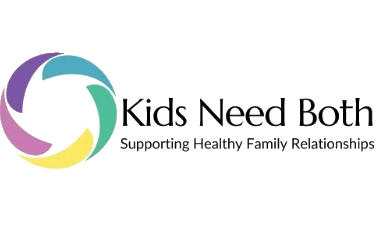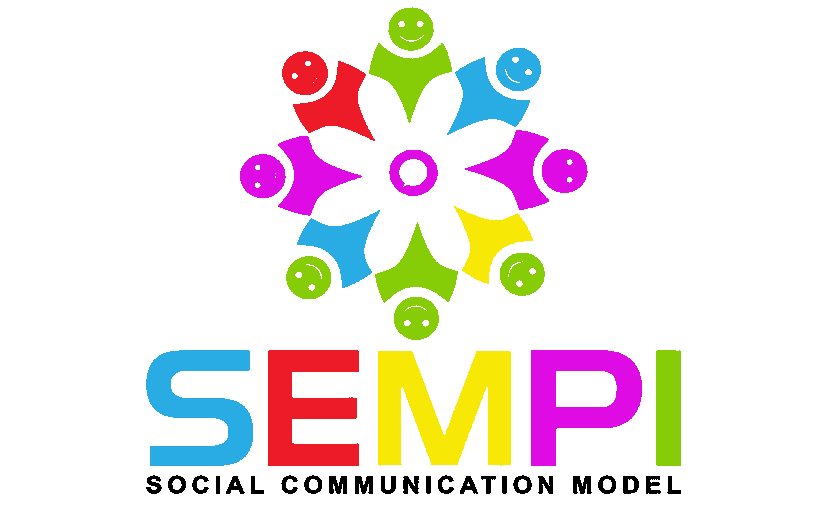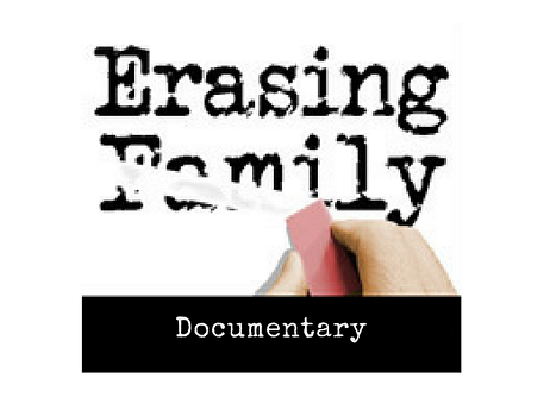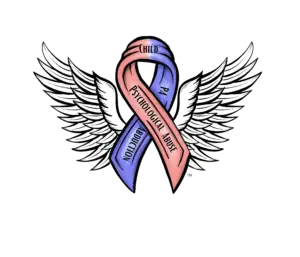
Explore | Finance | Solution
Our Vision For the Future
- 00Days
- 00Hours
- 00Minutes
- 00Seconds
Continuing the Momentum Beyond the 2024 Conference
Our Vision of the Future
As we look ahead, our mission is to transform the landscape of child psychological abuse awareness and treatment. The 2024 "Thrivers Speak" conference is just the beginning. Our vision for the future encompasses ongoing advocacy, continuous education, and ultimately supporting the development of robust treatment protocols that can aid mental health professionals with a comprehensive framework so they can effectively treat clients affected by child psychological abuse related to parental alienation and abduction.
Funding and Sustainability
To ensure the longevity and impact of our initiatives, we will continue to seek funding through grants, sponsorships, and donations, developing sustainable business models for our activities.

What Comes Next?
Continuing the Momentum Beyond the Conference
Our commitment to raising awareness and driving change doesn’t end with the Thrivers Speak Conference. Here’s how we plan to continue our mission:
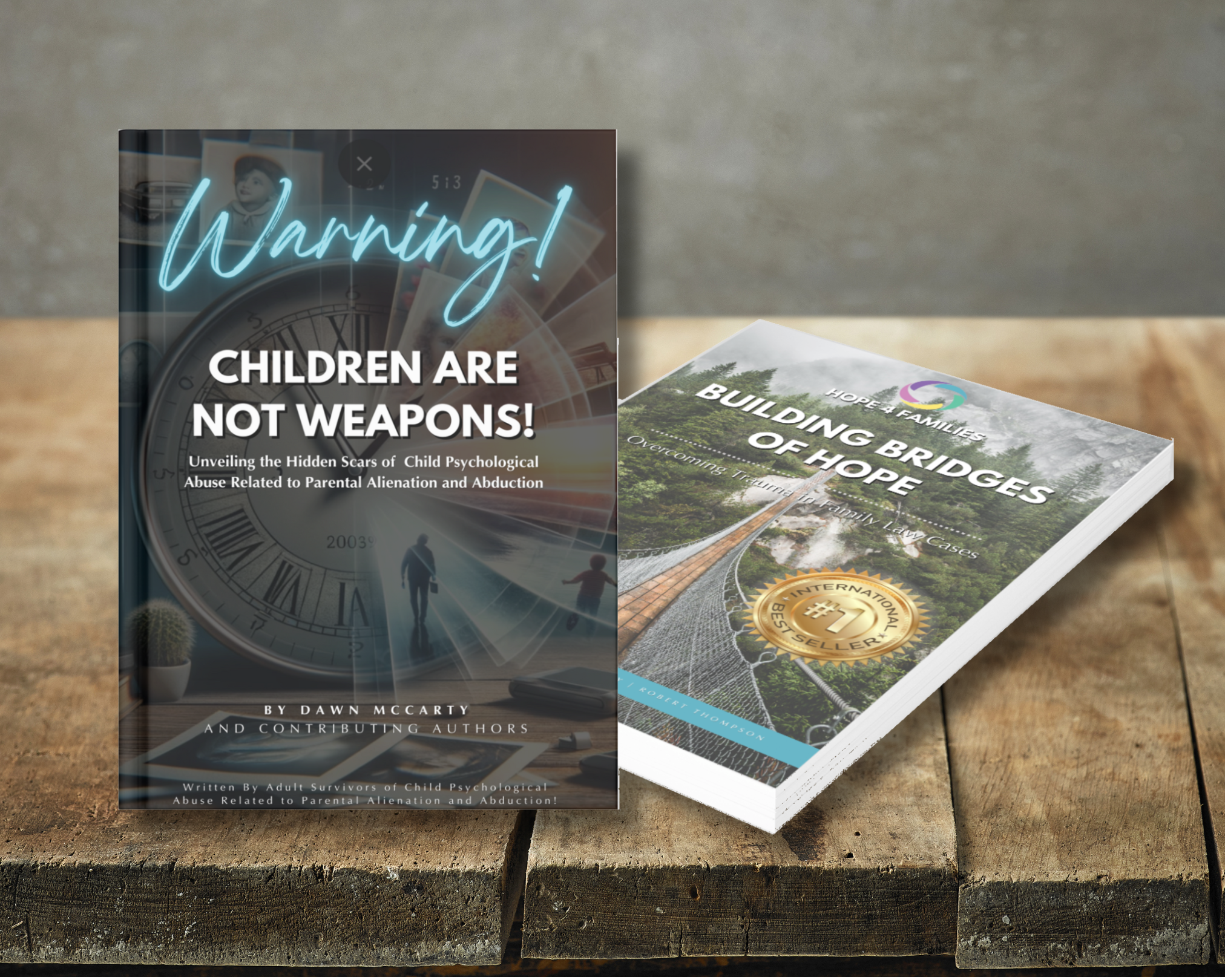
Collaborative Books
Each year, we aim to publish one to two collaborative books featuring the stories and insights of survivors and advocates. These publications will amplify our message and provide a platform for continuous advocacy and awareness.

Annual Conferences
We are excited to announce that the next Thrivers Speak Conference will be held in Sydney, Australia. Our goal is to host annual conferences around the world, each focusing on bringing the voices of adult survivors of child psychological abuse related to parental alienation (CPAPA) and abduction to the forefront.
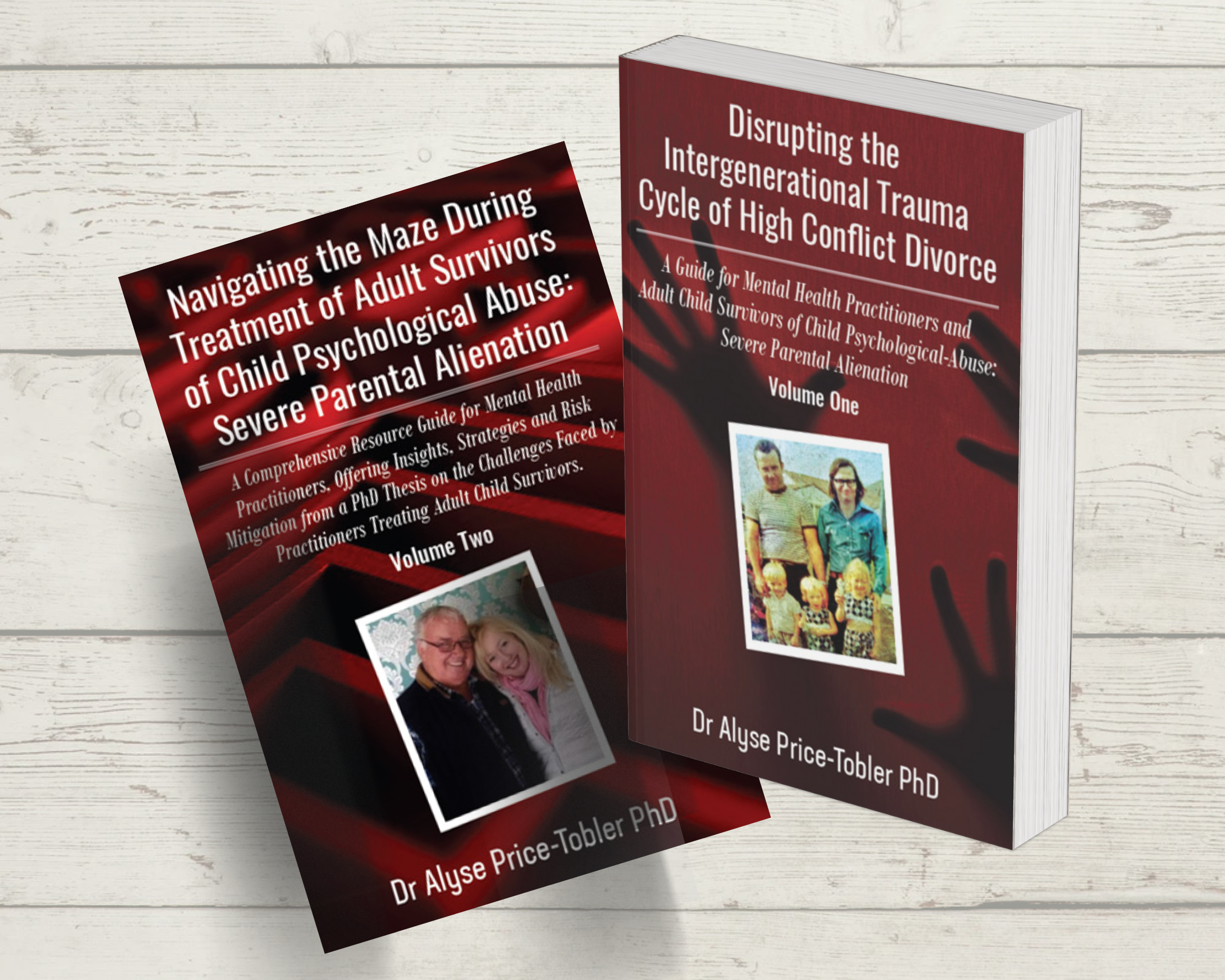
An Effective Treatment Protocol
We are dedicated to advancing the understanding and treatment of CPAPA. Our vision for the future includes the development of a comprehensive treatment protocol that equips mental health practitioners with the tools they need to effectively treat clients who have experienced CPAPA

Support Networks and Resources
Through organizations land networking, we hope to reach adult survivors around the world, providing safe spaces for sharing, healing, and advocacy. Additionally, we will share any online resource hubs with information, tools, and support services for survivors, families, and professionals that t we feel are beneficial for our survivors.

Policy Change and Legal Reform
Advocating for legal reform is a key part of our mission. We will support policy changes that recognize and address Child Psychological Abuse related to Parental Alienation and abduction as serious issues or often are considered crimes. We will work with policymakers and lawmakers to advocate for better protection by law enforcement and academic support for children and survivors.

Community Outreach and Collaboration
Our work doesn't happen in isolation. We will collaborate with NGOs and advocacy groups to widen our reach and impact, launching public awareness campaigns to educate the general public about the signs and effects of Child Psychological Abuse related to Parental Alienation and abduction.
Get Involved
Join us in our mission to create lasting change. Whether through attending our conferences, contributing to our campaigns and educational programs, or supporting our advocacy efforts, there are many ways to get involved and make a difference. Together, we can transform whispers into a powerful call for change.
In Correspondance with World Mental Health Awareness Day, We Are Declaring October 10th
Child Psychological Abuse Awareness Day!
Our conference is strategically scheduled to coincide with World Mental Health Awareness Day on October 10th. This global event emphasizes the importance of mental health and well-being, making our conference a timely and relevant initiative. By focusing on the mental health impacts of child psychological abuse and parental alienation and abduction, we aim to foster greater awareness and understanding among professionals, survivors, and the general public.
"True healing begins when we listen to the silence of those who have endured the deepest pain.
Together, we transform their whispers into a powerful call for change." — Dawn McCarty
Why It Matters
Unmet Needs in Treating CPAPA and Abduction
Lack of Awareness and Recognition
Inadequate Training for Mental Health Practitioners
Absence of Standardized Treatment Protocols
Invisible Nature of Abuse
Child psychological abuse related to parental alienation (CPAPA) and abduction often goes unrecognized due to its invisible nature. Unlike physical abuse, the emotional and psychological scars are not immediately apparent, leading to underreporting and lack of intervention.
Public and Professional Awareness
There is a significant gap in awareness among the general public, educators, legal professionals, and even mental health practitioners about the existence and severity of CPAPA and abduction. Many do not recognize the signs or understand the long-term impacts on survivors.
Specialized Training Deficit
Mental health professionals often lack specialized training in recognizing and treating CPAPA. Without adequate training, they may fail to identify the nuanced symptoms and may not provide appropriate interventions.
Need for Lived Experience Insight
Survivors of CPAPA have expressed a preference for therapists with lived experience, highlighting the need for empathy and understanding in the therapeutic relationship. However, finding practitioners who fit this criterion is challenging.
No Consensus on Treatment
Currently, there is no universally accepted treatment protocol for CPAPA. Different practitioners may use varying approaches, leading to inconsistent care and outcomes.
Complex Intersecting Trauma (CIT):
Survivors often experience CIT, which complicates treatment further. There is a need for protocols that address the multifaceted nature of the trauma, including psychological, emotional, and physical aspects.
Judicial and Legal System Shortcomings
Insufficient Support Systems for Survivors
Research and Data Gaps
Lack of Training for Legal Professionals
Judges, attorneys, and law enforcement officers often lack training in recognizing and addressing CPAPA. This can result in decisions that do not prioritize the child’s psychological well-being.
Inconsistent Enforcement of Court Orders
The enforcement of court orders related to custody and visitation is often inconsistent. This inconsistency can exacerbate the trauma for children who are caught in high-conflict custody battles
Need for Ongoing Support
Adult survivors of CPAPA and abduction require ongoing support that extends beyond initial therapy. This includes support groups, community resources, and continuous mental health care.
Educational and Occupational Impact
The trauma experienced by survivors can significantly impact their educational and occupational achievements. There is a need for programs that support survivors in achieving their educational and career goals.
Limited Research
There is a dearth of comprehensive research on the long-term effects of CPAPA and effective treatment methods. More studies are needed to understand the full scope of the problem and to develop evidence-based interventions.
Data on Suicide and Mental Health Issues
While some data has been captured in Dr. Price-Toblers research studies, more research is needed to understand the prevalence of suicidal ideation and other mental health issues among survivors of CPAPA.
Research Insights:
Dr. Alyse Price-Tobler’s groundbreaking study, “Disrupting the Intergenerational Trauma Cycle of High Conflict Divorce – A Guide for Mental Health Practitioners and Adult Survivors of Child Psychological Abuse: Severe Parental Alienation (SPA)” (2024), unveils the profound and alarming impacts of severe parental alienation on adult survivors. The study captured critical data from adult survivors, highlighting the severe psychological effects of this hidden abuse. The findings include:
Suicidal Ideation and Plans
- 50% of the survivors reported having thoughts about and planning to die by suicide. This staggering statistic underscores the severe mental health crisis faced by those affected by SPA.
Factitious Disorder Imposed on Another (FDIOA)
A disturbing phenomenon was observed where adult survivors experienced FDIOA, indicating they were subjected to a parent who engaged in psychological abuse, including shared delusions or physical abuse. This highlights the manipulative and damaging tactics used by the alienating parent to control and harm the child.
Protective Sibling Effect
- 30% of the survivors indicated that while they thought about suicide, they refrained from acting upon it to protect their siblings from similar thoughts and actions, demonstrating the complex interplay of protective instincts and mental anguish.
Phobia and Anxiety Variants
- The study identified a “specific phobia-severe parental alienation and abduction anxiety variant” in children abducted under the age of eight. This condition reveals the deep-seated and unique fears developed in young children subjected to abduction and parental alienation.
These insights from Dr. Price-Tobler’s research and external findings provide a crucial understanding of the extensive and lasting damage caused by severe parental alienation. By spotlighting these findings at our conference, we aim to promote awareness, inform mental health practices, and advocate for more effective interventions to support survivors and prevent future abuse.
Additional Statistics
Impact of High-Conflict Separation
The American Psychological Association (APA) states that children who experience high-conflict parental separation are twice as likely to develop emotional and behavioral problems compared to children from low-conflict families. This statistic emphasizes the importance of addressing and mitigating conflict in family separations.
Factitious Disorder Imposed on Another (FDIOA)
A disturbing phenomenon was observed where adult survivors experienced FDIOA, indicating they were subjected to a parent who engaged in psychological abuse, including shared delusions or physical abuse. This highlights the manipulative and damaging tactics used by the alienating parent to control and harm the child.
Long-Term Health Impacts
The Centers for Disease Control and Prevention (CDC) reports that adverse childhood experiences (ACEs), such as parental separation and psychological abuse, can have long-term impacts on an individual’s health and well-being. These impacts include an increased risk of chronic disease, mental illness, and substance abuse in adulthood. This underscores the necessity of early intervention and continuous support for affected individuals.
Father Absence
According to the National Survey of Children’s Health (NSCH), nearly 40% of children in the U.S. live in a home without their biological father present. This absence has significant implications for a child’s emotional and psychological well-being.
Phobia and Anxiety Variants
- The study identified a “specific phobia-severe parental alienation and abduction anxiety variant” in children abducted under the age of eight. This condition reveals the deep-seated and unique fears developed in young children subjected to abduction and parental alienation.
Data on Suicide and Mental Health Issues
While some data has been captured in Dr. Price-Toblers research studies, more research is needed to understand the prevalence of suicidal ideation and other mental health issues among survivors of CPAPA.
A Growing Pandemic
The silent pandemic of child psychological abuse related to parental alienation (CPAPA) knows no boundaries. It transcends gender, race, religion, age, class, industry, or ethnicity, affecting individuals and families across the globe. Despite its pervasive impact, this issue has historically been under-researched, largely due to the sheer magnitude of the crisis and the lack of awareness.
From an international perspective, the lack of awareness has hindered families worldwide, affecting every country and every community. The insidious nature of this abuse means that many people remain unaware of its existence and its devastating effects. This ignorance perpetuates the cycle of abuse, leaving countless children and adult survivors without the support and recognition they desperately need.
Growing Pandemic
Universal Reach
This issue affects everyone, from the farmhouse to the White House, and from the United States to Asia. It is a global crisis that demands global attention and action.
Promoting Inclusivity and Awareness
Our conference aims to promote inclusivity and awareness, fostering a sense of community and belonging among survivors. By bringing together diverse voices from different backgrounds and experiences, we aim to contribute to societal cohesion and mental well-being.
Key Statistics and Findings
Under-Researched Issue
Statistically speaking, until Dr. Price-Tobler, this topic has not been extensively researched before, highlighting the critical need for more studies and data collection. The lack of research has impeded the development of effective interventions and support mechanisms for affected individuals
Widespread Impact
The effects of CPAPA are felt globally, impacting families across all continents. The international lack of awareness and recognition of this issue has left many survivors without the necessary resources and support.
Promoting Change
Breaking the Silence
By highlighting the universal nature of this abuse, we aim to break the silence and bring this issue to the forefront of public consciousness. Our goal is to ensure that no child or adult survivor feels isolated or ignored.
Advocating for Policy Changes
We aim to advocate for policy changes at both national and international levels to recognize and address CPAPA. This includes pushing for more research, better support systems, and effective legal frameworks to protect children and survivors.
Your Sponsorship or Partnership: Making an Impact
Your sponsorship or partnership with the Thrivers Speak Conference is not just a contribution; it is a commitment to supporting a movement that seeks to create lasting change. As mobilized change makers, we aim to raise global awareness and reach survivors who need our help now.
By partnering with us, you will help:
- Raise Global Awareness: Enable us to reach adult survivors currently experiencing trauma, who may be at risk of suicide and suffering from complex post-traumatic stress.
- Prevent Future Generations from Trauma: Our collective voices will make a significant impact in preventing future generations from experiencing the same trauma.
- Support Continued Research: Fund research efforts to create treatment protocols and community outreach programs for survivors.
- Elevate to Governmental and Educational Levels: Advocate for visibility of child psychological abuse related to parental alienation at the highest levels, including government, schools, and communities nationwide.
- Shine a Light on Urgency: Highlight the urgent need for new laws recognizing this form of abuse to protect our children.
- Educate Key Stakeholders: Provide essential education to family court workers, mental health practitioners, judges, attorneys, and other caregivers on identifying and addressing this trauma. This includes bringing mental health back into family courts to ensure informed and empathetic decisions.
Together, We Can Drive Change
Your sponsorship will bring visibility to this critical issue and support a movement dedicated to making a tangible difference. By collaborating with us, you are joining a community committed to:
- Creating Safe Environments for Children: Advocating for legal and social reforms to protect children from psychological abuse.
- Empowering Survivors: Providing platforms and resources for survivors to share their stories and seek healing.
- Fostering Community Resilience: Building strong support networks for survivors and their families.
In Dr. Price-Tobler’s second volume, “Navigating the Maze During Treatment of Adult Survivors of Child Psychological Abuse: Severe Parental Alienation,” ten of the leading mental health practitioners (MHPs) specializing in trauma therapy for adult survivors of SPA were interviewed.
This study revealed the following:
Preference for Therapists with Lived Experience (TLE):
Survivors of suicidal ideation preferred therapists who had lived experiences (TLE) similar to their own, rather than MHPs without any lived experiences. This suggests that shared experiences foster greater trust and understanding between survivors and therapists.
Diverse Subject Base
- Out of seventy-two subjects, only five were repeated. This lack of overlap indicates a wide range of experiences and possibly a lack of consensus on a standardized approach to treating SPA.
Training Gaps in MHPs
While 100% of the interviewed MHPs work with adult survivors of SPA, most lack formal training in this specific area. This highlights the need for specialized training and education in SPA for mental health practitioners
Complex Intersecting Trauma (CIT)
- Many MHPs reported experiencing Complex Intersecting Trauma (CIT) themselves, and noted the absence of a structured treatment protocol for SPA. This dual trauma — personal and professional — underscores the challenges faced by both survivors and their therapists.
Key Insights:
Survivor-Led Education
Adult survivors often find themselves in the position of educating their therapists about the nature of their abuse. This dynamic is problematic as it places an additional burden on survivors and may hinder effective treatment.
Research and Awareness
- Prior to identifying their condition, survivors typically engage in extensive research. They often discover their diagnosis through the stories of other survivors who have spoken out. This word-of-mouth knowledge sharing is crucial in bringing more survivors forward.
Family Court System Limitations
The current family court system is ill-equipped to handle the complexities of SPA due to a lack of knowledge and the removal of mental health professionals from the process. Reintegrating mental health expertise into family courts is essential for addressing pathogenic parenting issues effectively.
Need for a Treatment Protocol
The absence of a formal treatment protocol for SPA means that MHPs lack the necessary training to support adult survivors adequately. Without this foundational knowledge, preventing and protecting children from similar high-conflict divorce scenarios remains a significant challenge.
The “Nothing About Us, Without Us!” Thrivers Speak conference is not just an event; it’s a crucial platform for highlighting the often-overlooked epidemic of Child Psychological Abuse related to Parental Alienation (CPAPA) and the urgent need for suicide prevention among affected individuals.
By supporting this conference, you are taking a stand with us to break the silence and provide a voice to those who have been marginalized. Your contribution will directly aid in creating awareness, fostering understanding, and promoting effective solutions to combat this invisible abuse. Together, we can make a significant impact, saving lives and paving the way for healthier futures.
Join us in this vital cause. Your sponsorship can be the beacon of hope for millions of survivors, helping them to thrive and find the support they desperately need. Thank you for considering our request and for your commitment to mental health and wellness.
“It is easier to build strong children than to repair broken men.” — Frederick Douglass
References:
Price-Tobler, A. (2024). Navigating the Maze During Treatment of Adult Survivors of Child Psychological Abuse: Severe Parental Alienation (SPA) (Vol. 2). Inspiring Publishers
Price-Tobler, A. (2024). Disrupting the intergenerational trauma cycle of high conflict divorce: A guide for mental health practitioners and adult survivors of child psychological abuse: Severe parental alienation (SPA) (Vol. 1). Inspiring Publishers
Centers for Disease Control and Prevention. (2021). Preventing Adverse Childhood Experiences (ACEs). Retrieved from: https://www.cdc.gov/violenceprevention/aces/fastfact.html
National Institutes of Health. (2020). Mental Health. Retrieved from: https://www.nih.gov/about-nih/what-we-do/nih-turning-discovery-into-health/mental-health
Centers for Disease Control and Prevention. (2021). Preventing Adverse Childhood Experiences (ACEs). Retrieved from https://www.cdc.gov/violenceprevention/aces/fastfact.html
National Survey of Children’s Health (NSCH). (2019). National Survey of Children’s Health Data. Retrieved from https://www.childhealthdata.org/learn-about-the-nsch/NSCH
American Psychological Association. (2019). The impact of parental separation on children. Retrieved from https://www.apa.org/helpcenter/healthy-divorce.
Info update
Latest News
- July 28, 2024
Where Are All The Other Adult Alienated Children?
By: Dana Laquidara | July 17, 2024 On October 10th and 11th of this year, about a dozen of us adult alienated or formerly alienated children will be speaking at a conference—our conference—and telling in-person and virtual attendees what it has been like to be alienated from a loving parent. I have spoken many times to audiences of alienated parents, professionals,…
-
Location
691 S Gulfview Blvd, Clearwater Beach, FL 33767
-
Phone
(727) 677-6000
